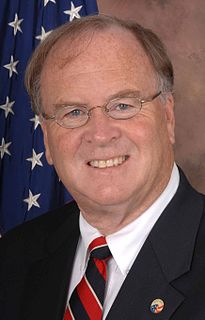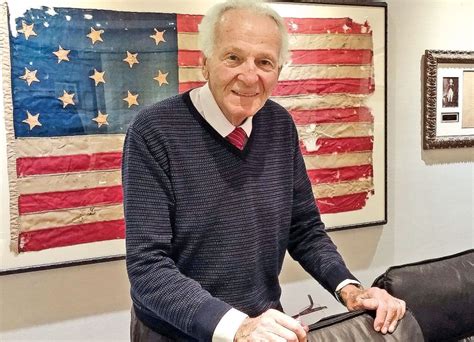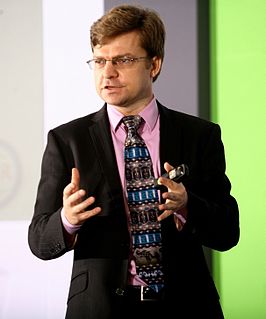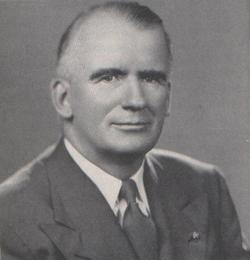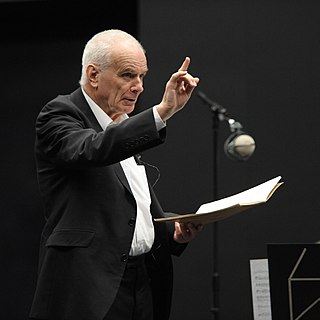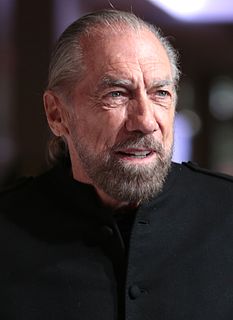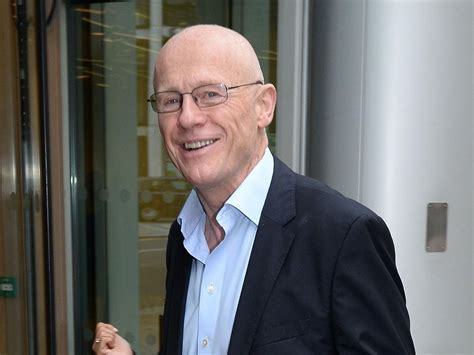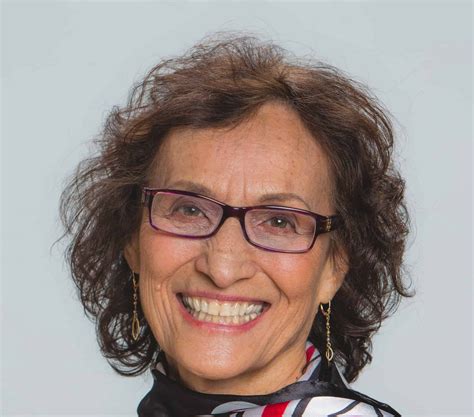A Quote by Sam Farr
To make agriculture sustainable, the grower has got to be able to make a profit.
Quote Topics
Related Quotes
Make sure you comfort everybody, because you have so much power. The influence you do have, make sure you use that for the right things that's going to propel you, and propel your company. It's not always about making profit. I know y'all know how to make profit, and I know that's what it's about! But I'm very happy that I can come here and tell you I'm someone that has not been driven by the profit. You can succeed with the people.
The successful producer of an article sells it for more than it cost him to make, and that's his profit. But the customer buys it only because it is worth more to him than he pays for it, and that's his profit. No one can long make a profit producing anything unless the customer makes a profit using it.
The reductionist measure of yield is to agriculture systems, what GDP is to economic systems. It is time to move from measuring yield of commodities, to health and well-being of ecosystems and communities. Industrial agriculture has its roots in war. Ecological agriculture allows us to make peace with the earth, soil and the society.
Every ecosystem, even a small one, is sustainable because it has certain ensembles and conditions and influences that are unique to it. And the biological ensembles are almost certainly, even the most modest ones, in the thousands of species. We don't know what's involved in the models - not even the beginnings. And yet we're trying to make a sustainable world, which has to include the natural world. The human species is triumphant, but it's got to get a grip. It's got to come to understand what's happened, why we're this way and what we're doing.
To the greatest extent possible, I try to make choices that involve the least amount of cruelty and environmental damage. I'm interested in sustainable agriculture, environmental issues, human rights, and my interconnectedness in the web of life. It is a great pleasure for me to find products and practices that have a positive effect on living beings and the environment, rather than a negative one.
